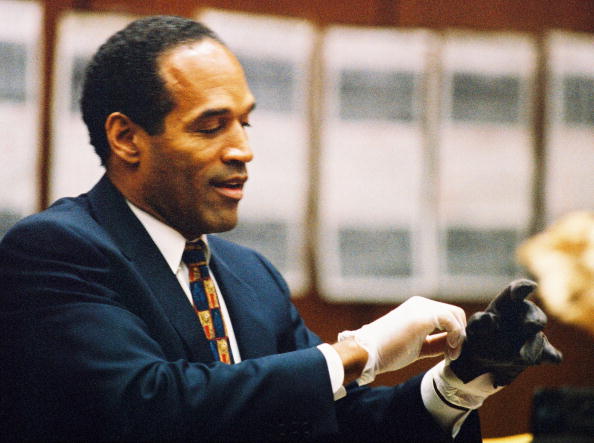LOS ANGELES — Federal officials launched an investigation Wednesday to determine whether 22 mortgage lenders have been discriminating against qualified African-American and Latino borrowers by denying them government-insured loans.
The U.S. Department of Housing and Urban Development said the inquiry is in response to complaints filed Tuesday by the National Community Reinvestment Coalition accusing 22 banks nationwide of violating fair housing laws.
The coalition said the lenders denied Federal Housing Administration-insured loans to borrowers with credit scores that met the federal standard of 580 to be eligible for the insurance against default, but the lenders set higher credit score thresholds.
The Washington-based NCRC claims those requirements disproportionately harm black and Hispanic communities, since many minority borrowers’ credit scores fall between the federal threshold of 580 and the higher benchmarks set by the banks.
The policies have “the effect of discriminating against African-Americans, Latinos, and residents of African-American and Latino neighborhoods across the nation,” the group wrote in the complaints that it announced Wednesday.
The group also said the banks don’t have a legitimate business reason to withhold mortgages from borrowers who meet FHA credit guidelines, since the government’s insurance eliminates their risk.
“The decision by some banks to not follow the FHA’s policy is cutting qualified borrowers off from accessing credit, and in doing so, causing harm to their ability to prosper, build wealth and for our economy to grow,” NCRC President and CEO John Taylor said in a statement.
The complaints seek unspecified monetary damages and an injunction forcing banks to change their lending policies.
Lenders took issue with the coalition’s allegations against Bank of the West, Paramount Residential Mortgage Group Inc., and MetLife Bank N.A., among others.
John Courson, president and CEO of the Mortgage Bankers Association, said lenders have always had the authority to use their own credit standards that exceed FHA’s standards, noting that if an FHA loan goes bad, the lender is on the hook to pay back the FHA, as well as other costs.
FHA lenders “can, and should, have the ability to look at a borrower’s complete credit profile when making a decision whether or not to give them a mortgage,” Courson said.
San Francisco-based Bank of the West said its policy is “fair and prudent lending” based on customers’ complete credit profiles.
“Through objective credit underwriting criteria based on a borrower’s complete credit profile, Bank of the West has been able to approve FHA borrowers with credit scores below 600, even in the current difficult housing market,” spokesman Jim Cole said.
A phone message seeking comment from Corona-headquartered Paramount was not returned. David Hammarstrom, a spokesman for Bridgewater, N.J.-based MetLife, said he could not comment because the company had not seen the complaint.
Guy Cecala, publisher of the trade magazine Inside Mortgage Finance, said banks are reluctant to lend to some borrowers because of fears that the government won’t deliver on its insurance if it believes their standards are too relaxed.
“If a lender doesn’t want the FHA knocking on its door about problems, they need to make sure they have less delinquencies and less defaults and the easiest way to do this is just to hike the credit score,” he said.
To prepare its complaints, NCRC had borrowers claiming credit scores between 580 and 615 call lenders to apply for mortgages.
Other banks turned down borrowers with scores above 580 but were not named in complaints because they agreed to consider revising their policies or because the NCRC is still looking into their practices, spokesman Jesse Van Tol said.
He said later complaints could be filed against those banks, which he would not identify.
The FHA program insures loans for borrowers who make a 3.5 percent down payment toward their homes, allowing people with lower savings to become homeowners.
Borrowers pay extra fees to take advantage of the program, which has become the primary source of mortgages for first-time home buyers.
The market has grown increasingly dependent on FHA-backed loans in recent years, as banks remain fearful of lender defaults in the wake of the subprime lending crisis.
Twenty percent of all mortgages written so far this year have had FHA backing, according to Inside Mortgage Finance. By comparison, FHA loans’ market share ranged from 2 percent to 12 percent between 1990 and 2007.
















